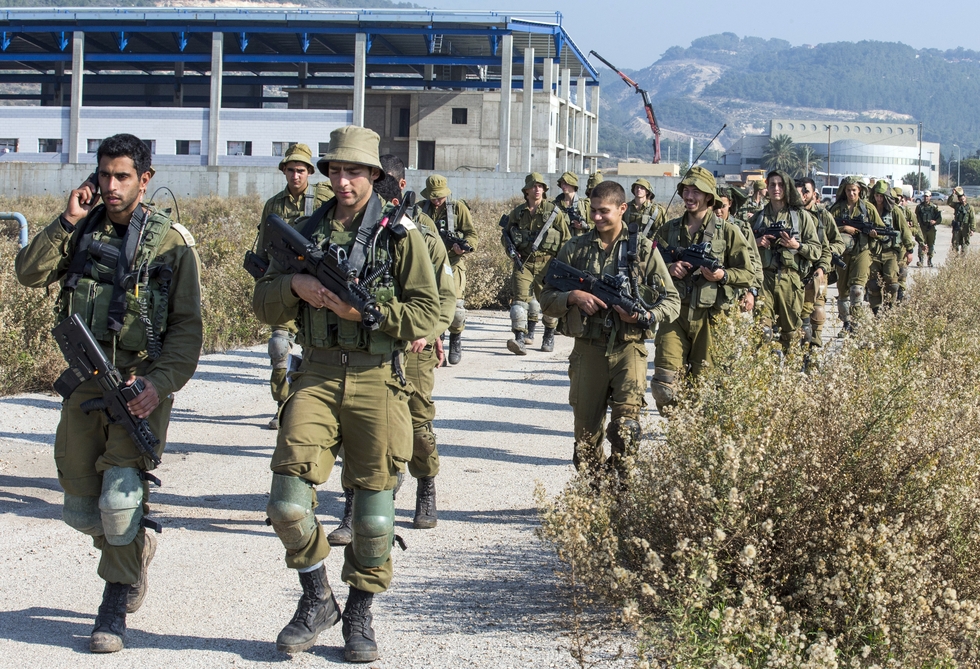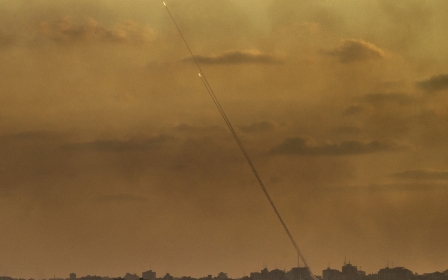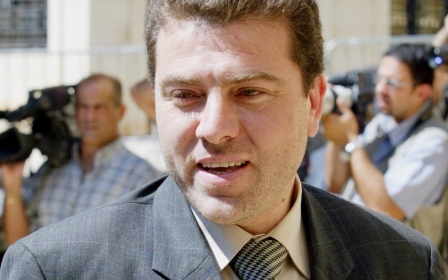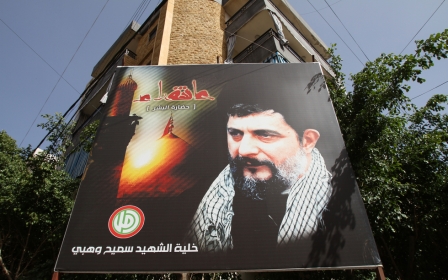Israeli army fires into south Lebanon

The Israeli army has launched an attack on south Lebanon in response to an explosive device planted by Hezbollah.
The Israeli fire reportedly struck the town of Wazzani in the Hasbaya district of Lebanon's Nabatieh Governorate.
An Israeli army spokesperson told Sky News Arabia that forces targeted suspected Hezbollah positions in retaliation for an earlier attack by the group.
Army spokesperson Lieutenant Peter Lerner said in a tweet that Israeli forces had responded to a Hezbollah attack with "targeted artillery fire".
A correspondent for Russia Today said that nine artillery shells fell on the town of Wazzani.
Lebanese sources also said that Syrian refugees who had sought shelter on the Lebanese side of the border had evacuated their temporary homes.
The Israeli army spokesperson denied reports that the Hezbollah attackers had attempted to kidnap Israeli soldiers, or that militants had been able to cross into Israeli territory.
Hezbollah had earlier targeted an Israeli army patrol in the disputed Shebaa Farms area, which lies at the intersection between the Israeli-occupied Golan Heights and the Lebanon-Syria border.
In a statement, Hezbollah said the attack had "destroyed the armoured Hummer vehicle and injured those in it".
It said the attack was carried out by a group in the name of Samir Kantar, a Hezbollah militant killed in an Israeli strike near the Syrian capital in late December.
Hezbollah chief Hassan Nasrallah had vowed to take revenge for the death of Kantar, who was notorious for the 1979 murder of three Israelis, who had been freed by Israel in a prisoner exchange in 2008.
An Israeli army spokesperson denied to AFP that any Israeli soldiers had been injured in the Hezbollah attack.
New MEE newsletter: Jerusalem Dispatch
Sign up to get the latest insights and analysis on Israel-Palestine, alongside Turkey Unpacked and other MEE newsletters
Middle East Eye delivers independent and unrivalled coverage and analysis of the Middle East, North Africa and beyond. To learn more about republishing this content and the associated fees, please fill out this form. More about MEE can be found here.




